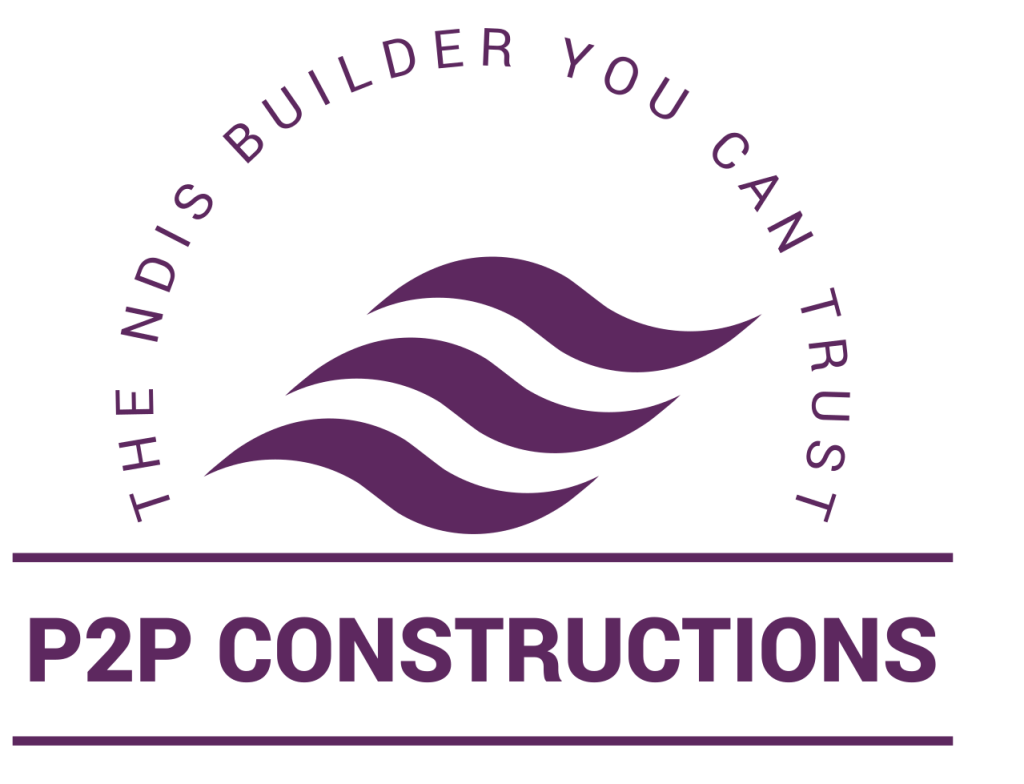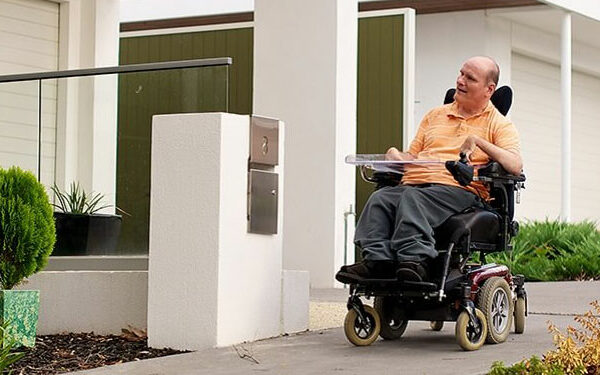An NDIS (National Disability Insurance Scheme) provider is an individual or organization registered with the NDIS to deliver support and services to people with disabilities in Australia. The NDIS is a government-funded scheme designed to provide financial assistance and resources to individuals with permanent and significant disabilities, enabling them to live more independently and participate more fully in the community. NDIS providers must meet specific quality and safety standards set by the NDIS Quality and Safeguards Commission to ensure they deliver high-quality services to participants
NDIS providers offer a wide range of services, including:
- Personal Care and Support: Assistance with daily activities such as bathing, dressing, and grooming.
- Therapies: Services such as occupational therapy, speech therapy, and physiotherapy.
- Assistive Technology: Provision of equipment and technology that aid in daily living, such as wheelchairs, communication devices, and home modifications.
- Community Participation: Support to engage in social, recreational, and community activities.
- Employment Support: Assistance in finding and maintaining employment, including job training and workplace modifications.
- Accommodation Support: Help with finding and maintaining suitable housing, including supported living arrangements.
What Is NDIS In Australia?
The National Disability Insurance Scheme (NDIS) in Australia is a national program designed to provide support and services to individuals with permanent and significant disabilities. The scheme aims to enhance the quality of life and increase the independence of people with disabilities by funding various supports and services tailored to their individual needs. Here are the key aspects of the NDIS:
- Individualized Support: The NDIS provides personalized plans based on the specific needs and goals of each participant. These plans are designed to help individuals achieve greater independence, social participation, education, and employment opportunities.
- Choice and Control: Participants have the flexibility to choose the providers and types of support they receive, giving them more control over their care and services.
- Funded Support Categories: The NDIS funds a wide range of support categories, including daily personal activities, transport to enable participation in community or work, therapeutic supports, home modifications, mobility equipment, and help with household tasks.
- Eligibility: To be eligible for the NDIS, individuals must be under the age of 65 and meet residency requirements. They must also have a permanent and significant disability that affects their ability to take part in everyday activities.
- Planning Process: The NDIS planning process involves working with a planner or Local Area Coordinator (LAC) to develop a personalized plan. This plan outlines the support and services needed to achieve the participant’s goals.
- NDIS Quality and Safeguards Commission: This independent agency ensures that NDIS providers meet high standards of quality and safety. It regulates providers, handles complaints, and promotes the rights of NDIS participants.
- Economic and Social Participation: The NDIS is designed to support individuals with disabilities in becoming more engaged in their communities and workplaces, enhancing their social and economic participation.
The NDIS represents a significant shift in disability support in Australia, focusing on empowering individuals with disabilities to live more independently and achieve their personal goals. If you are looking for good Ndis builders then you have come to the right place.






